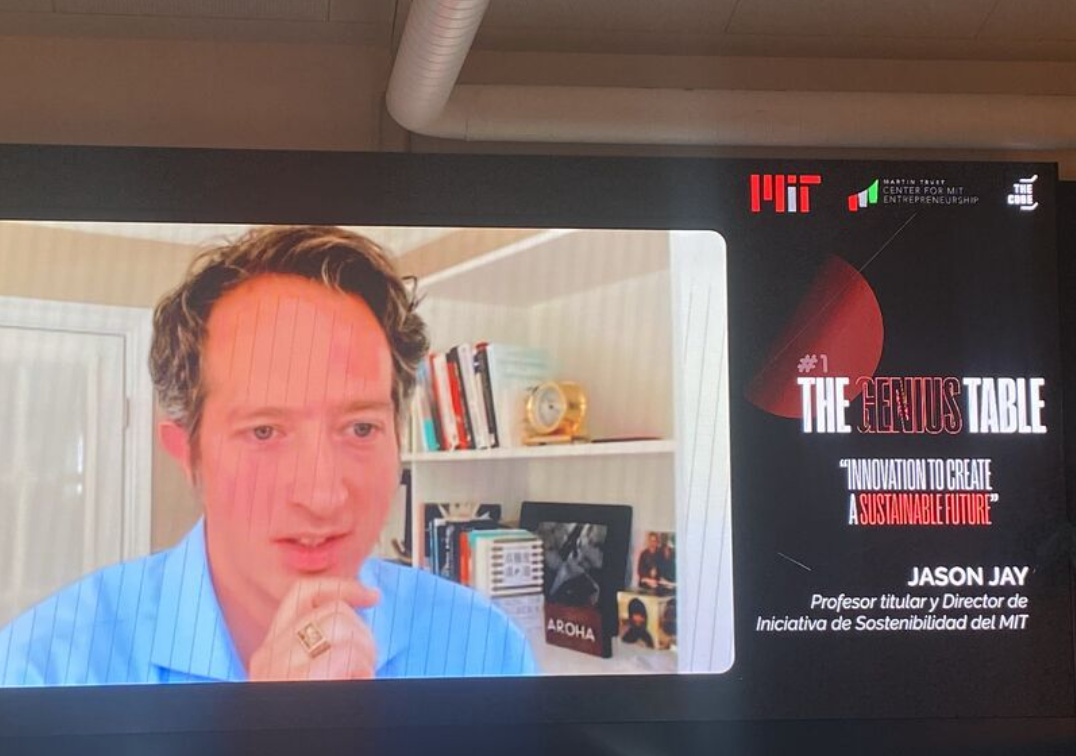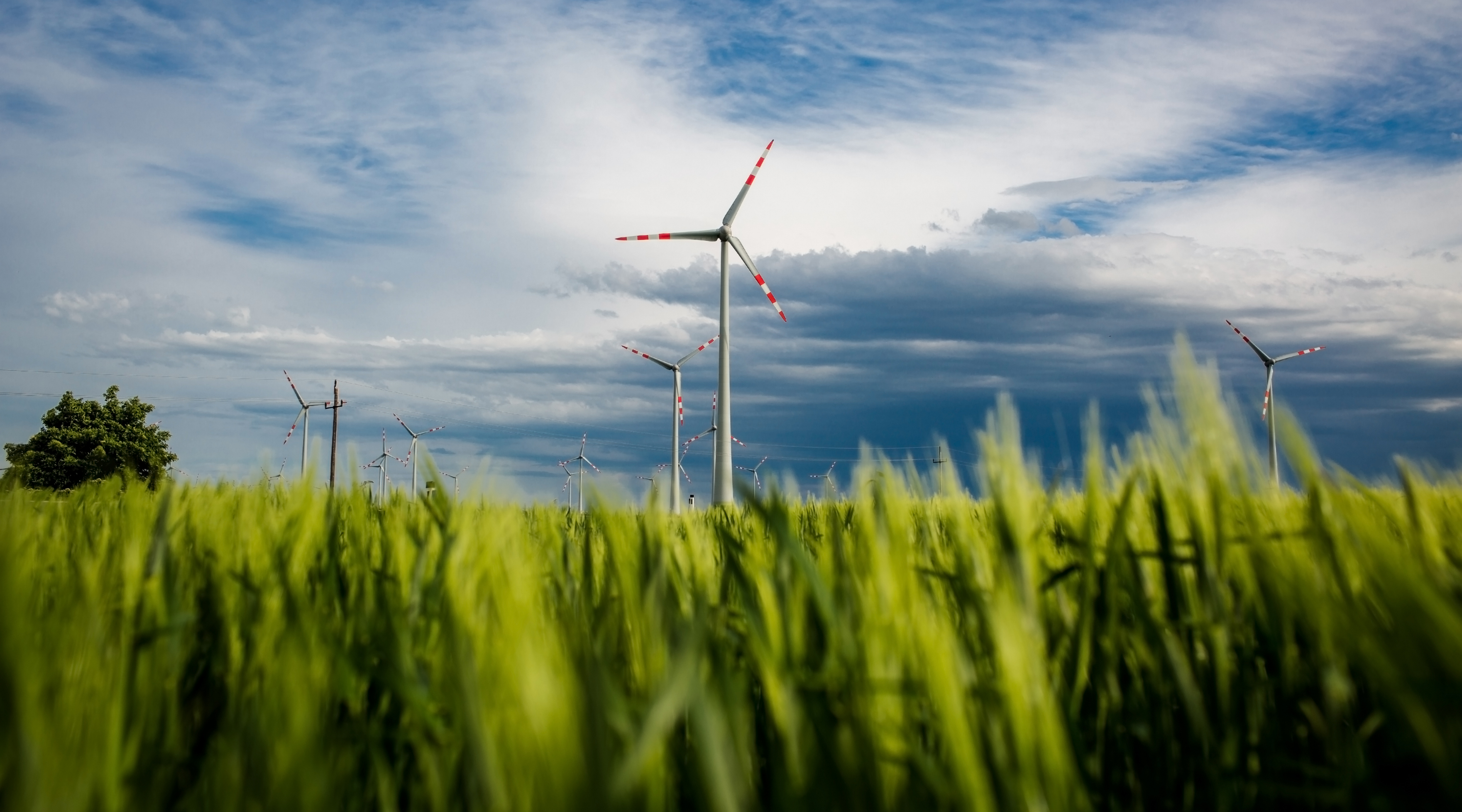Why do we fall for fake news?
Poor "truth discernment" (i.e., the ability to tell fake news from real stories) is driven primarily by a lack of careful reasoning.
Poor "truth discernment" (i.e., the ability to tell fake news from real stories) is driven primarily by a lack of careful reasoning.
Thomas Kochan explains why some fears about unions are overblown, how workers form successful ones, and how leaders can partner with them.
"Business leaders are going to have to take a stand on important issues and let their voices be heard in a way that is authentic and meaningful."
"When [students] come here, they're always amazed at the work our faculty are doing related to eco-finance."
Prof. Yasheng Huang joins CBS News to discuss the significance of the Chinese leader's visit.
Prof. Simon Johnson discusses the proposal that would seek to cap the price of Russian oil.
"Cyberattacks are frequent and dangerous. ... Every manager knows it. But they still get things wrong with cybersecurity. All the time.”

Our own Jason Jay presented #EnROADS to TheCUBE Hub Madrid's "Genius Table," urging the group to examine how companies can consider innovation in terms of real, evidence-based impact.

A multitude of methodologies to rate businesses is causing confusion for ethical investors
Thomas Kochan described the new social contract as an agreement that both parties "are held accountable for meeting each other's expectations."